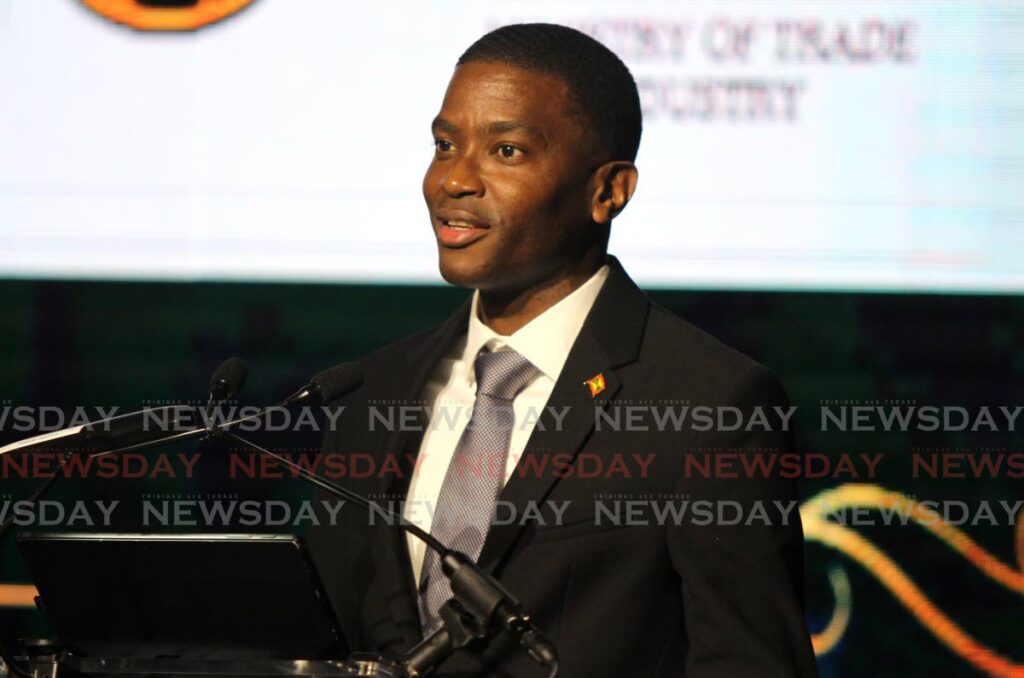Mr Mitchell’s complaint

HE’S ONE of the region’s youngest leaders, but this week he raised an old problem.
Speaking on Tuesday at an award ceremony in Port of Spain, Grenada’s Prime Minister Dickon Mitchell lamented the difficulties involved in travelling between Caricom member states.
“I’m only here because I’m the Prime Minister of Grenada,” he said, noting his office affords him access to regional security aircraft.
“Otherwise, the options for getting to Trinidad require me to get to Miami and then fly back to Trinidad. That is how difficult it is to travel within the region.”
Caricom member states are relatively close to one another, but might as well be worlds apart when it comes to air travel.
The economics of the airline industry, which is also tied to energy prices, are such that very often you must fly out of the region first, then come back in just to visit a neighbouring state.
Attempts over decades at more direct links have often faltered.
Long is the list of entities in the regional aviation graveyard, or which have had to be put into administration or made defunct and then re-branded, such as LIAT, Air Jamaica and BWIA, now the loss-making CAL.
But not only is travel between Caricom states cumbersome, even travel within individual states poses a challenge.
Mr Mitchell is the leader of a country well familiar with the importance of inter-island links. He oversees not only Grenada but its dependencies, Carriacou and Petite Martinique.
Like Grenada, TT has had to find ways to maintain sea- and airbridge connections between islands and the litany of woes affecting both is well known.
Recently, the costs of running the airbridge came under microscopic attention, as well as plans by the Government to try to stem some of the losses by raising fares.
Both intra-regional and inter-island travel present leaders with the problem of how to treat with social goods that do not make money, but which are nonetheless vital. Mr Mitchell this week rightly pointed out the need to view these issues holistically and not just through the narrow lens of dollars and cents.
“If we can’t even move people, then it’s obvious that we can’t trade,” he said at Tuesday’s event, which was hosted by the TT Manufacturers Association.
In addressing the problem of regional travel, Caricom leaders need to think along the lines suggested by Mr Mitchell.
And the region needs to formulate new approaches that might adjust the economics in our favour, such as the recent proposal by THA Tourism Secretary Tashia Burris, who called on Caricom to compete as a single tourism destination.
Otherwise, leaders like Mr Mitchell will fly in and out of office while the problem remains airborne.


Comments
"Mr Mitchell’s complaint"